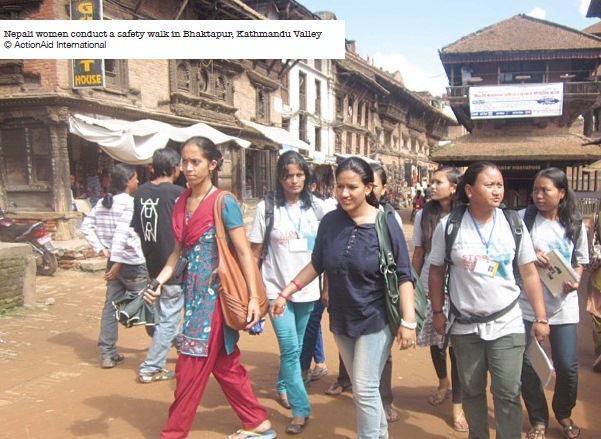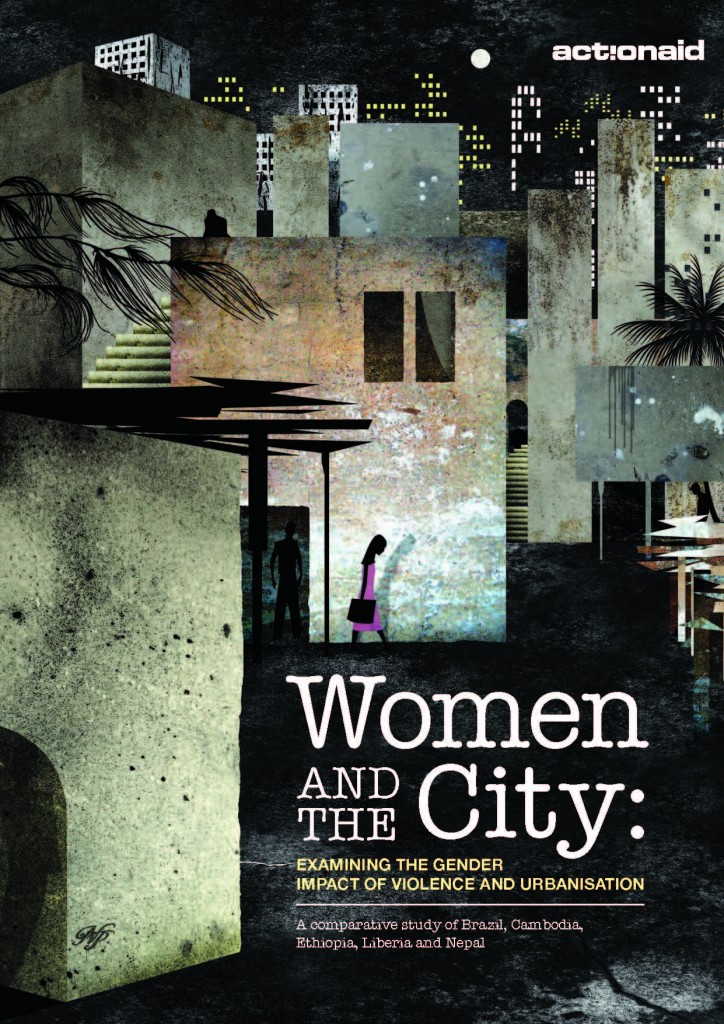“A campaign against street harassment during Carnival is gathering steam in Brazil.
The campaign is using the hashtag #CarnavalSemAssedio, or #CarnivalWithoutHarassment, to help dispel the myth that harassment during Carnival is somehow more permissible.
“Unfortunately, sexual abuse figures increase in this period for many reasons and many men justify their abusive behavior as a normal attempt to ‘flirt’,” Heloisa Aun, one of the campaign’s founders, told Forum magazine.
According to the campaign’s materials, the goal is to “combat violence and machismo, promoting discussion that harassment is harassment no matter the time of year.”
Organizers are calling on women and men to break the silence and speak out against harassment during carnival, using the hashtag to document cases of harassment.”
Good for them!
I’m wishing all who celebrate it a safe & fun Carnival and Mardi Gras!




